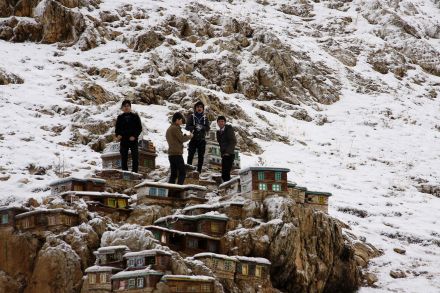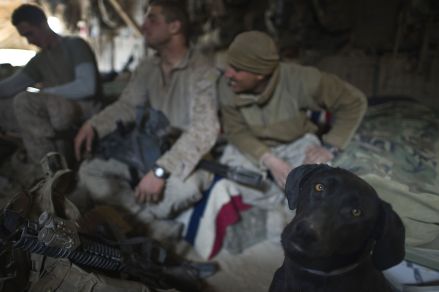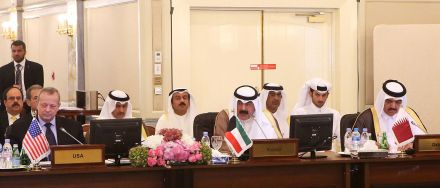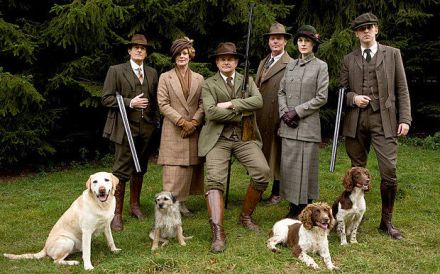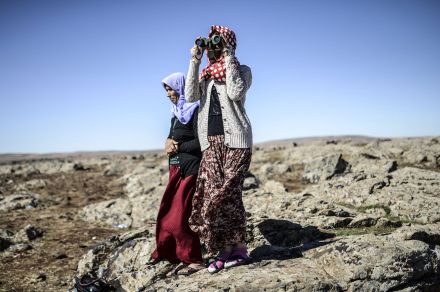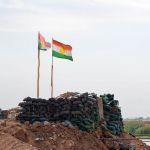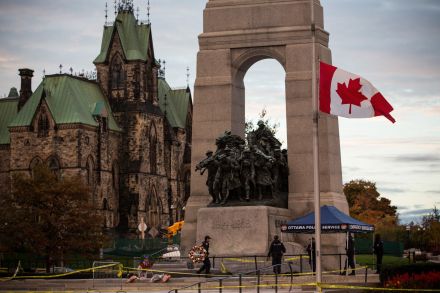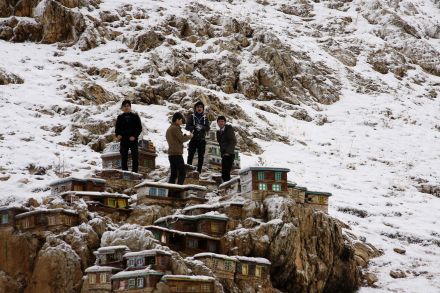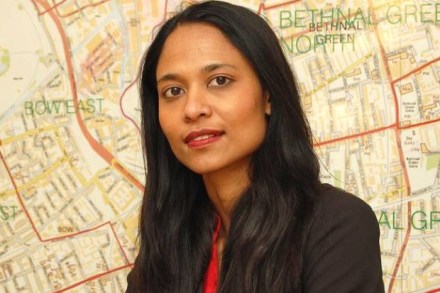Kurds can pull off miracles, but they need help against Isis
The Kurds can pull off minor miracles when they need to. They require active support, however, now they are at the centre of the global struggle against the self-styled Islamic caliphate, Isis. Recent history shows the Kurdish potential. Eight years ago in Iraqi Kurdistan, there was much talk about oil and gas reserves. Some thought it was all hot air; their oil sector is now huge and has driven another once impossible dream – rapprochement with Turkey, which needs vast energy supplies to fuel its growing economy. Energy could even fuel Kurdish independence. However, a longer history hangs over the Kurds. Nearly a century ago, Kurdish hopes of a single
